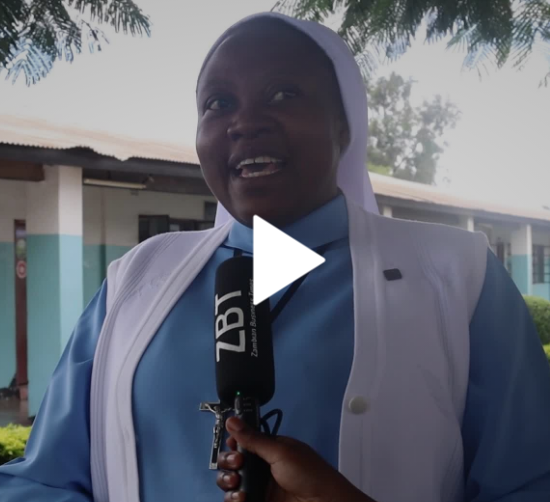Renowned Zambian economist Professor Oliver Saasa has cautioned that the country should not sacrifice domestic investors to a level where there is more focus on foreign investors.
Speaking in an exclusive interview with the Zambian Business Times – ZBT regarding the current high levels of interest rates which are said to be constraining domestic growth, Professor Saasa stated that the drivers of national development are domestic investors.
When asked to comment on the market sentiment that the current high interest or discount rates offered by the government through treasury bills and government bonds are driving up the overall cost of borrowing for domestic and local investors, Prof Saasa admitted that treasury bills and government bonds rates have an effect on the primary movement in the market interest rates.
He also agreed that there is some pressure on the government by the business community that the current interest rates are too high. The internationally acclaimed economist however was quick to state that obtaining interest rates on treasury bills and government bonds can be a double-edged sword.
When interest rates on treasury bills and government bonds are attractive, they invite foreign portfolio investors into the local market who in turn bring in foreign exchange [which is converted into local currency to buy T-bills and bonds which are denominated in Kwacha].
But this same action of having attractive interest rates or yields on T-bills and government bonds will lead commercial banks and other domestic funds to lock in their funds with the government which results in crowding out or “starving off” the private sector. This results in low availability of credit and was available, Credit is availed to the private sector at high-interest rates especially where the rate of non-performing loans is high.
However, when interest rates are too low for treasury bills and government bonds, this will lead to a market drop in overall interest rates and the credit availability to domestic investors will increase. Unattractive rates for t-bills and government bonds will however result in reduced inflows of forex from foreign portfolio investors.
Prof Saasa stated that one of the commitments of government in the 2024 budget is to minimize the overcrowding effect on domestic borrowers and to increase access to credit for the private sector. This is expected to address the high cost of borrowing.
Interest rates have reached astronomical levels in Zambia where private lenders are charging between 10 to 15% per month, annualized to about 120%. Regulated microfinance lenders are applying about 5% interest per month, annualized to 60% per annum.
Commercial banks which have the biggest portfolio of lending to private and domestic investors have also hiked their effective interest rates to about 30%, levels which the business community says have made the cost of doing business in various sectors unprofitable.







